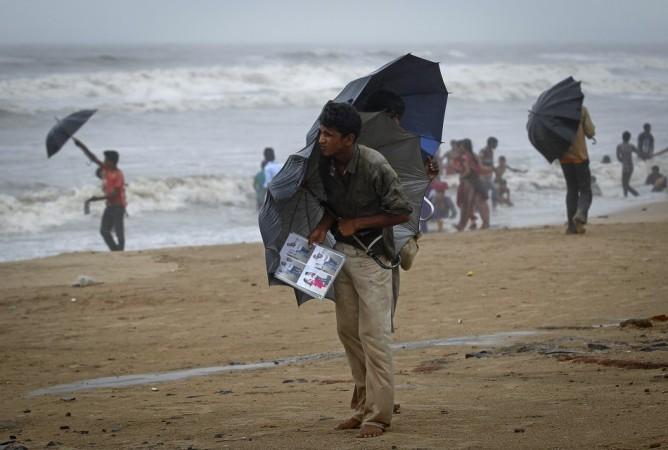
Last month, Global Environment Facility (GEF) agreed to finance an ongoing million dollar project for Coastal protection, under the administration of Asian Development Bank.
While projects were designed in 2010-11, the work is being implemented only now. In 2011, Indian government and ADB signed an agreement for the first tranche under $250 million Sustainable Coastal Protection and Investment Management Program (SCPIMP).
Similarly in the past, World Bank has funded states like Tamil Nadu, Pondicherry and Orissa.
ADB's project will be implemented over three years, from June 2014 to June 2017 in Karnataka and Maharashtra for protection against coastal erosion through sand dunes and mangrove and concrete structures such as seawalls or groins will be built on the banks of beaches.
For instance, Ullal beach in Karnataka and Mirya Bay in Maharashtra have suffered from erosion over several decades. To tackle this, Karnataka has hired port officers on contract bases to implement the projects.
Public Works Ports and Inland Water Transport Department in Karnataka along with Maharashtra's Maritime Board is involved in the project. An interdisciplinary team consisting of national and international consultants has also been recruited to work at national, state, district and community levels, with total estimated inputs of 22 international and 44 national person-months, which is a measure of work effort within a fixed period.
Besides, in 2010, Cabinet Community of Economic Affairs (CCEA) approved funding of ₹1156 crore, under World Bank administration. It planned to cover Orissa, Gujarat and West Bengal over the next five years. As Orissa frequently faces erosion threat, it was given priority.
Orissa is likely to get ₹227 crore from World Bank, Business Standard reported. The project will cover 120 kilometre coastal stretch, to ensure protection against soil erosion, promote eco-tourism, ensure livelihood activities of coastal fisherman and help conservation of bio-diversity in the state.
"The World Bank team was very satisfied with the commitments made by the state government. We are hopeful of receiving Rs 227 crore as grant for the project," Bhagirathi Behera, director, environment department of Orissa told the site.
According to Central Water Commission (CWC) report, about 1380 km of Indian coastline faces serious impact. However, about 625 km of the coastline is protected by seawalls. Coastal erosion and floods affect a large number of people, crops, infrastructure and industrial establishments every year. To resist and preserve the coastal areas, ADB and World Bank have funded Indian states.
Nevertheless, India's first artificial reef in Kovalam, an initiative by Government of Kerala for coastal protection is a good example of coastal preservation. The project has boosted the tourism, ecology and prosperity of the beach.
"As surfers, we often wonder why we don't use the ocean's natural forces to help stabilize coastal erosion. Travelling around the world we often see many beaches with the perfect setup of great waves over an off shore reef and calmer near shore waters, resulting in a balanced environment so the beach does not erode," said Sean Colling, surfing group member in Kovalam.









